
Last Monday, we took our students that take part in our eFinance Lecture on an excursion to Börse Stuttgart to complement the lecture content with first-hand insights from a real trading venue. Börse Stuttgart is a major German exchange organization serving retail and institutional investors across multiple asset classes.
We were warmly hosted by Dr. Martin Wagener, who is an alumni of WIN, contributes to the eFinance teaching as a lecturer and also works at Börse Stuttgart Group as Head of Group Regulatory Affairs, amongst other responsibilities. During a lecture session, Dr. Wagener connected key concepts from the course—such as market structures, liquidity, and the trading process—to how markets are organized and operated in practice.
More
The Hawaiian International Conference on System Sciences (HICSS) 2026 took place from January 6 to 10 on Maui, Hawaii. The Chair of Information & Market Engineering was represented at the conference by Prof. Dr. Christof Weinhardt and Alexander Grote.
Alexander Grote presented the joint paper “Prompting for the Unknown: Leveraging In-Context-Learning for Few-Shot Open Set Classification” co-authored with Prof. Dr. Anuja Hariharan and Prof. Dr. Christof Weinhardt. In addition, Prof. Dr. Weinhardt served as a minitrack chair together with Prof. Dr. Stefan Stieglitz and Dr. Jonas Fegert.
More
The ASSUME consortium has successfully completed its latest development sprint, achieving several important advancements within the project’s open-source framework. ASSUME (“Agent-based Simulation of Sustainable Multi-Energy Systems”) is a research initiative funded by the German Federal Ministry for Economic Affairs and Climate Action (BMWK). The project develops a modular, scalable and transparent simulation environment designed to analyse future energy systems and market structures under uncertainty.
More_rdax_1024x768_98p.JPG)
Our research team at WIN just hosted the 5th iteration of "Biosignals Connect" (BioCon) in the KD2Lab – an event series that brings together international researchers with shared interests in biosignals and adaptive systems.
On two days, we saw 14 presentations from KIT, Politecnico di Milano, University of Milano, University of Bremen, and SUPSI – covering research from information systems, industrial engineering, marketing, psychology and biomedical engineering.
More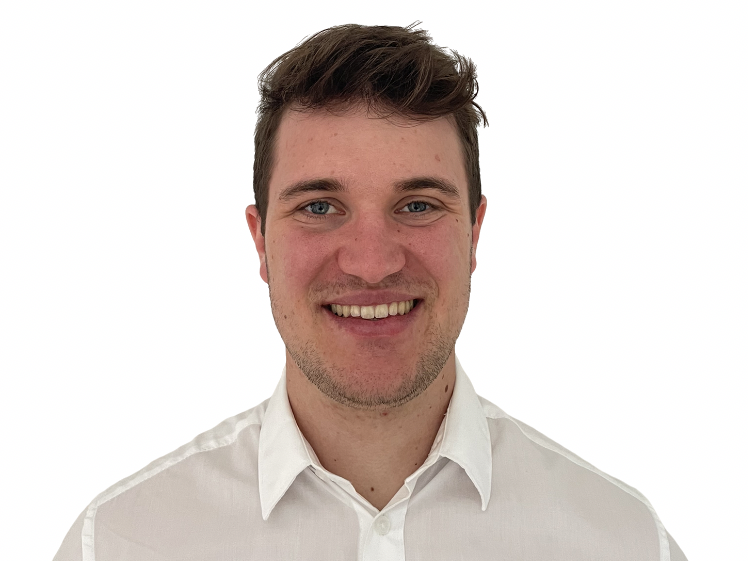
We welcome Tom Weinhardt as a new team member and PhD student at the Chair of Prof. Weinhardt at WIN.
Tom holds a Master of Science in Information Systems from the University of Regensburg and a Bachelor of Arts in Digital Business Management from the Baden-Wuerttemberg Cooperative State University Stuttgart.
More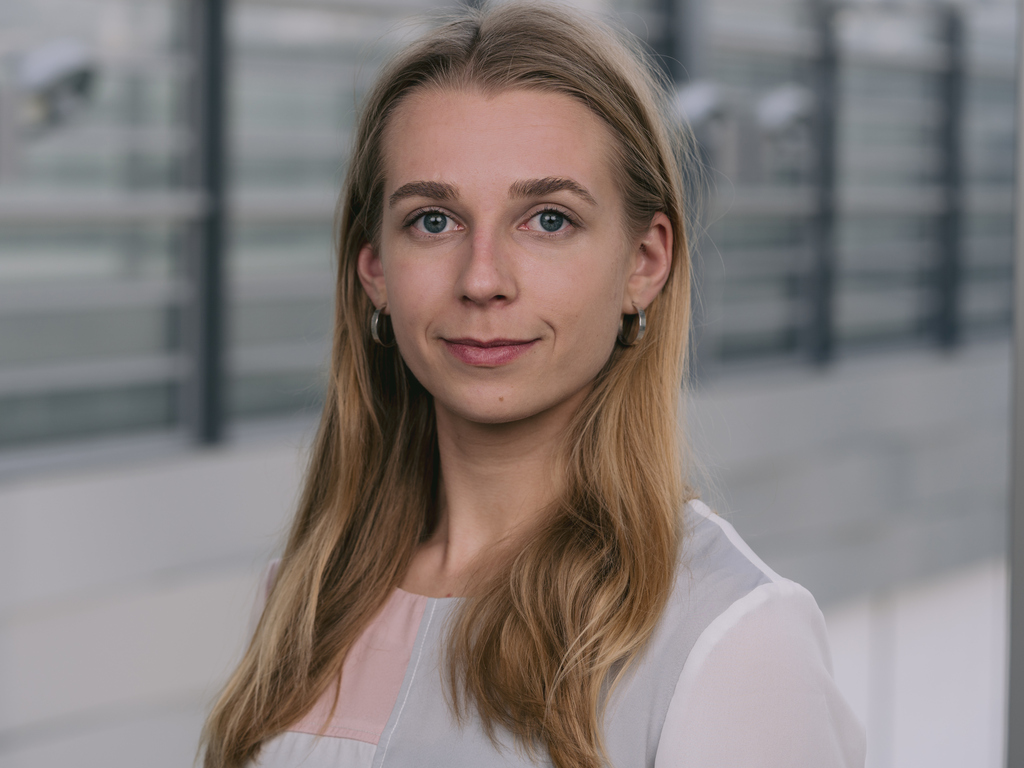
We welcome Marie Thederan as a new team member and PhD student at the Chair of Prof. Weinhardt at WIN.
Marie completed her master’s thesis at our chair, where she explored possible impacts of grid fees on large-scale battery storage using multi-agent reinforcement learning. During her studies, she also contributed to the ASSUME project as a student researcher, gaining valuable experience in electricity market simulation and agent-based modeling with deep reinforcement learning.
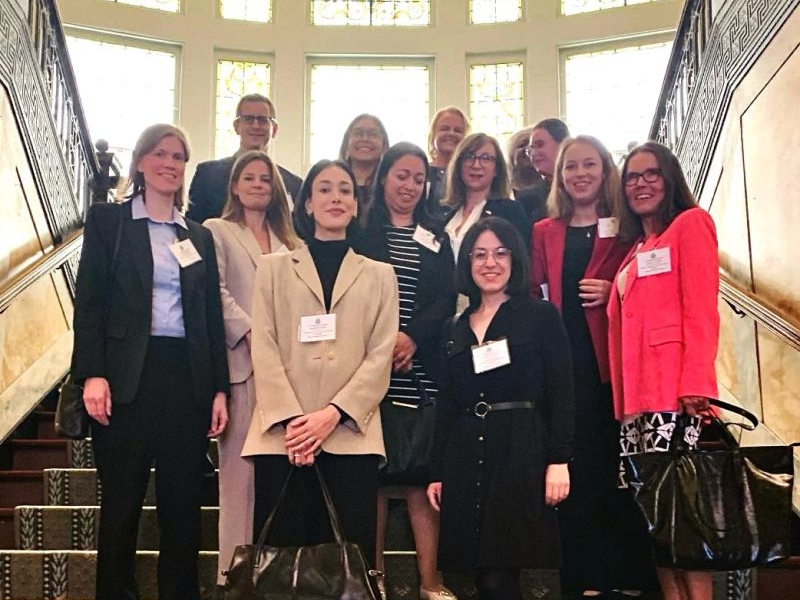
In September 2025, our colleague Isabel Bezzaoui participated in the International Visitor Leadership Program (IVLP), organized by the U.S. Department of State and supported by the US Embassy. The program included visits to Washington D.C., Minneapolis, Phoenix, Sacramento, and San Francisco. In the course of three weeks, participants explored topics including artificial intelligence, policy, innovation, and security.
More
On September 13, 2025, we had the great pleasure of celebrating 25 years of the Chair of Information & Market Engineering. The event brought together alumni, colleagues, and friends to mark a very special milestone: a quarter of a century since Prof. Dr. Christof Weinhardt established and has continuously led the chair.
More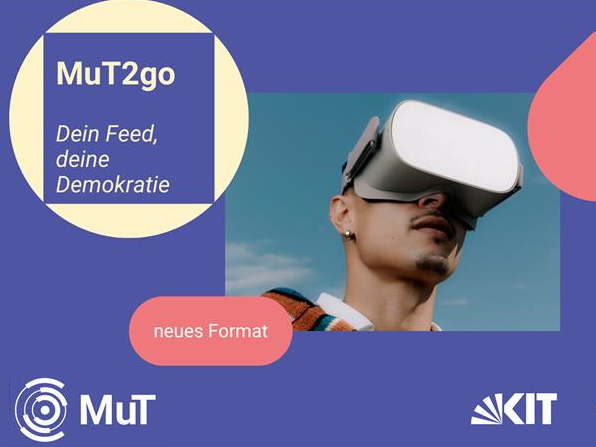
On the occasion of the International Day of Democracy on September 15, the Triangel warmly invites you – now for the fourth year in a row – to join our Days of Democracy. Together, we want to work to keep democracy alive, stand up for democratic values, get involved, and have our say. From September 18 to 20, we are creating many opportunities to exchange ideas, discuss, and participate.
More
From August 3rd–13th, 2025, Oliver Resch from the Smart Grids and Energy Markets (SGEM) research group participated in the inaugural "Future Energy" Global Summer School at Shanghai Jiao Tong University.
More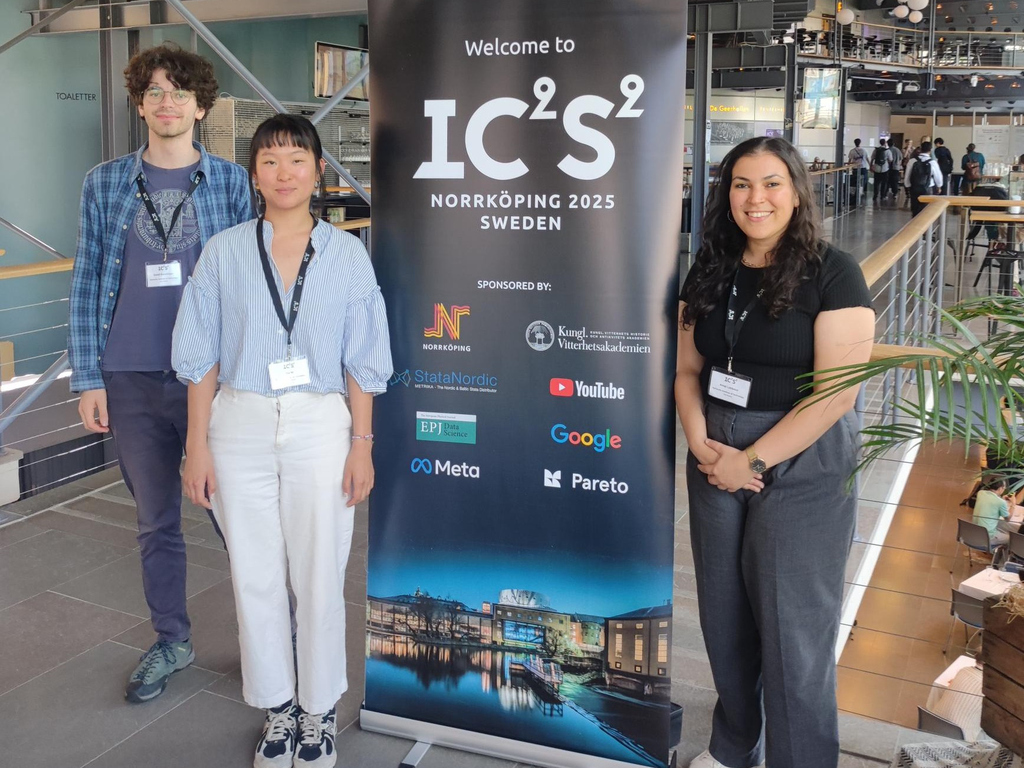
From July 21–24, 2025, our team attended the International Conference on Computational Social Science (IC2S2) in Norrköping, Sweden.
David Borukhson, Amal Labbouz, and Ina Ni from the Digital Democracy and Participation group represented the project Social Sentiments in Times of Crises (SOSEC) and contributed with one talk and two posters.
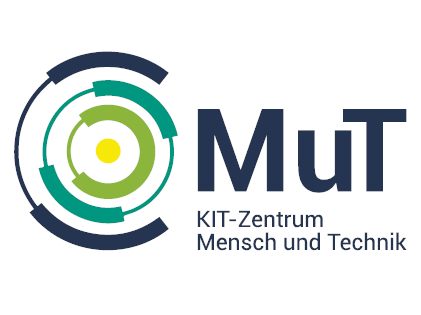
We are pleased to announce that as of 1 July 2025, Meike Hebich has assumed the position of office management of the KIT Centre for Humans & Technology (MuT) that the WIN is also associated with. She succeeds Richard Beecroft, who has shifted his focus to research on real‑world labs and sustainability at KIT’s Institute for Technology Assessment and Systems Analysis (ITAS).
More